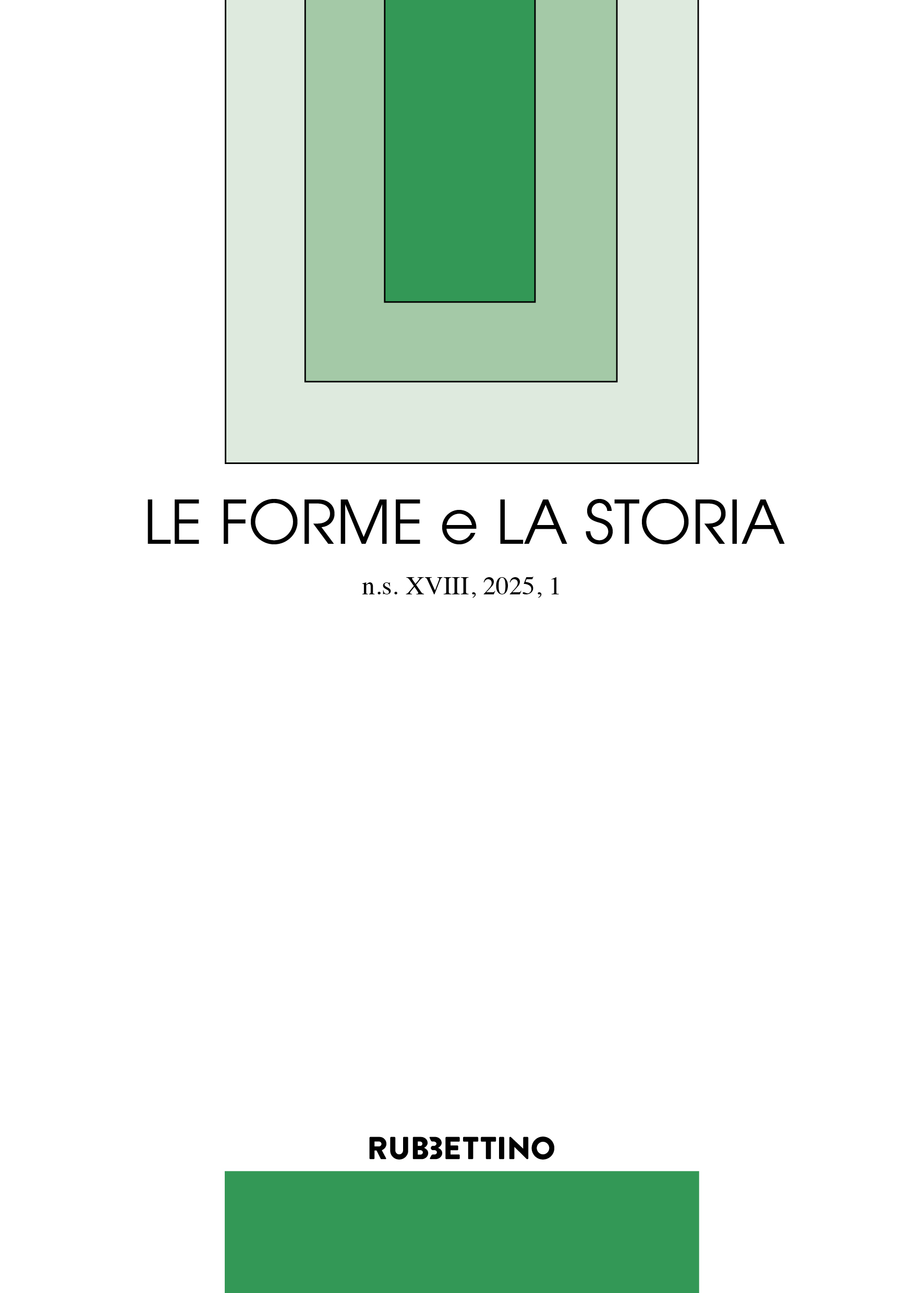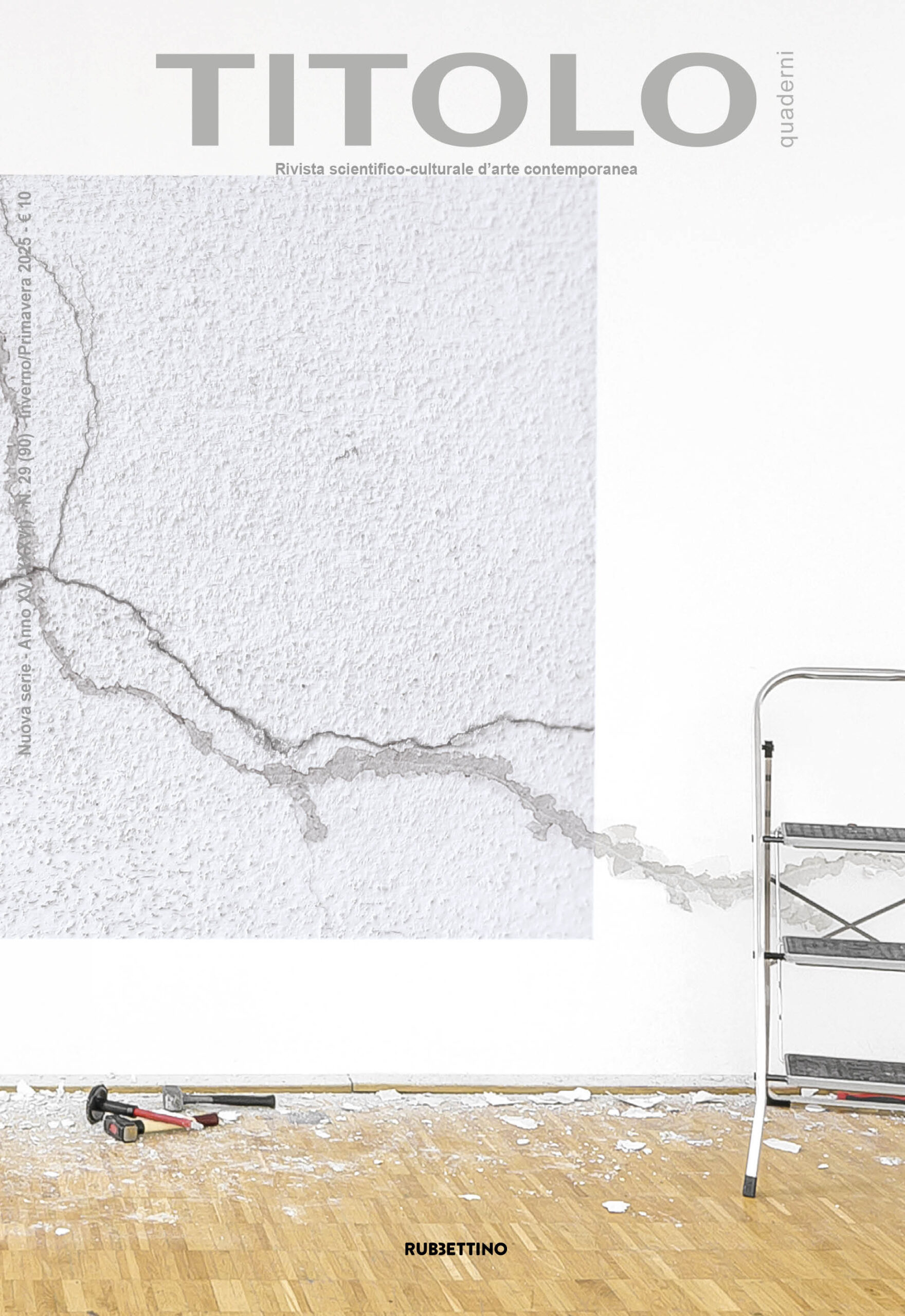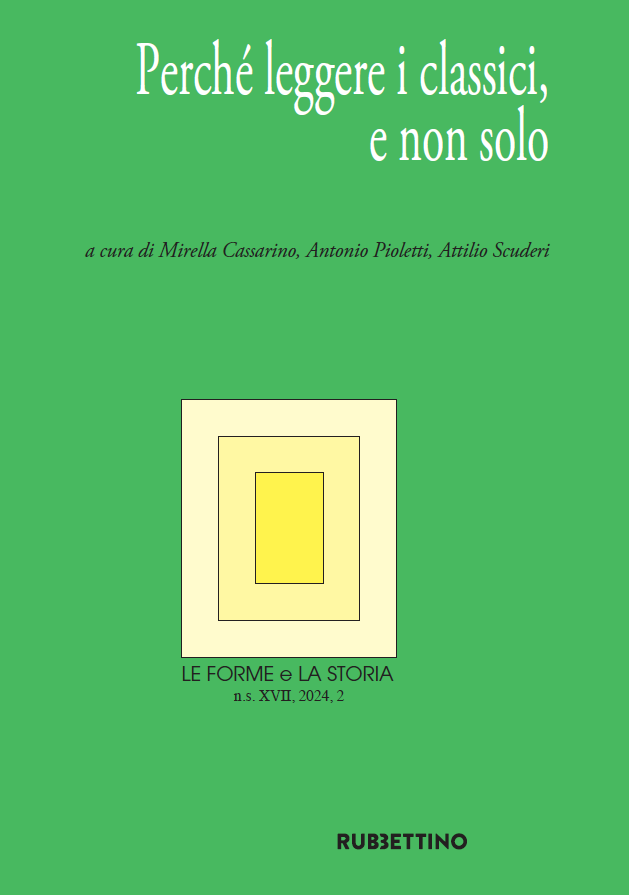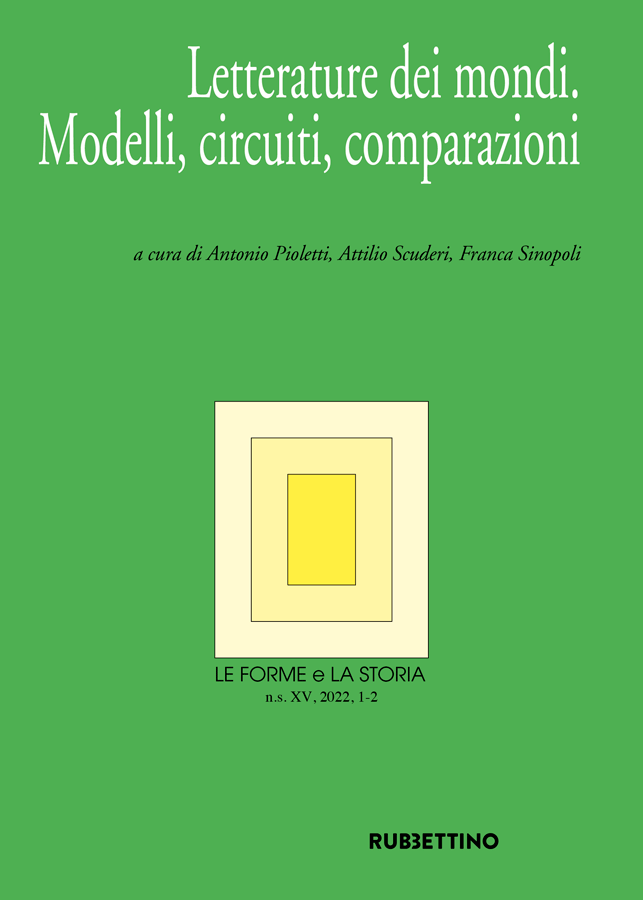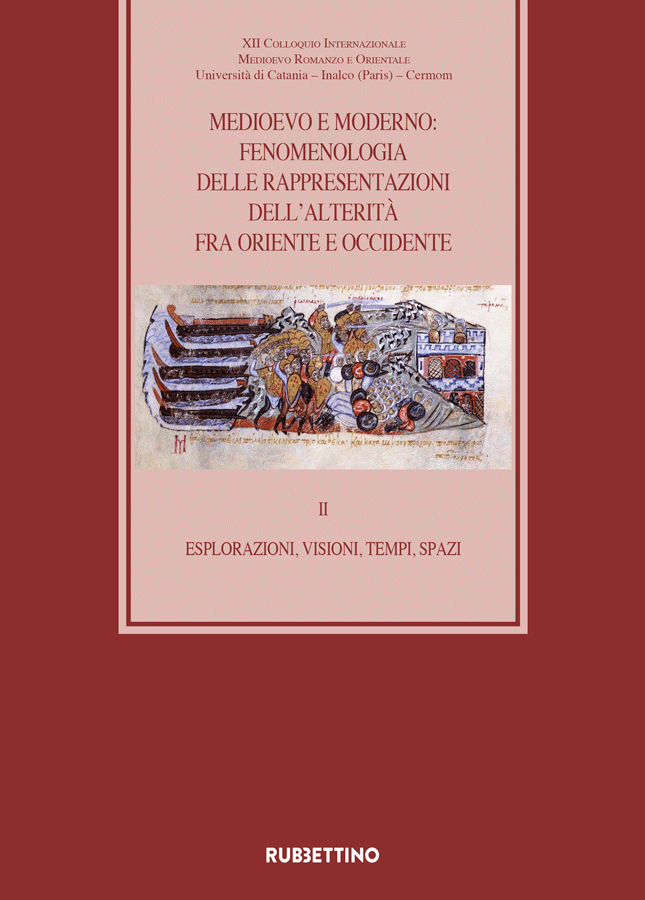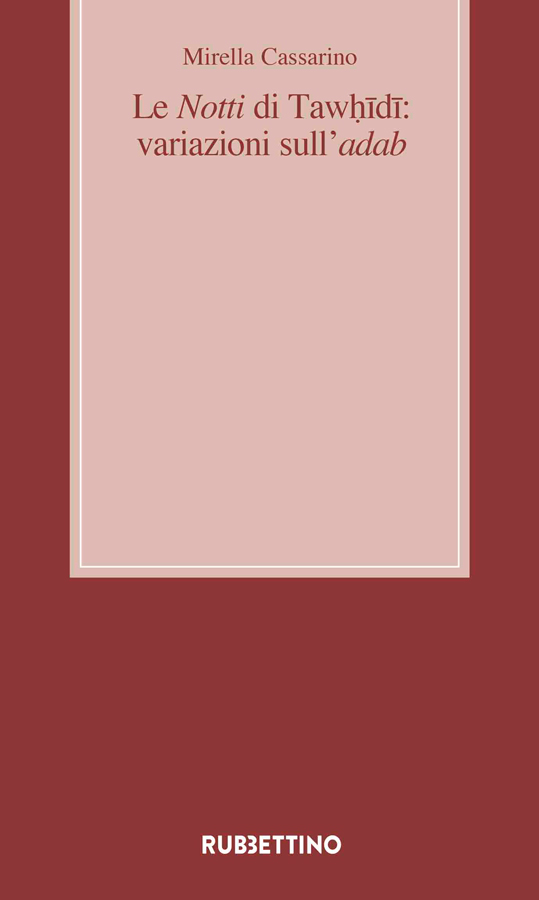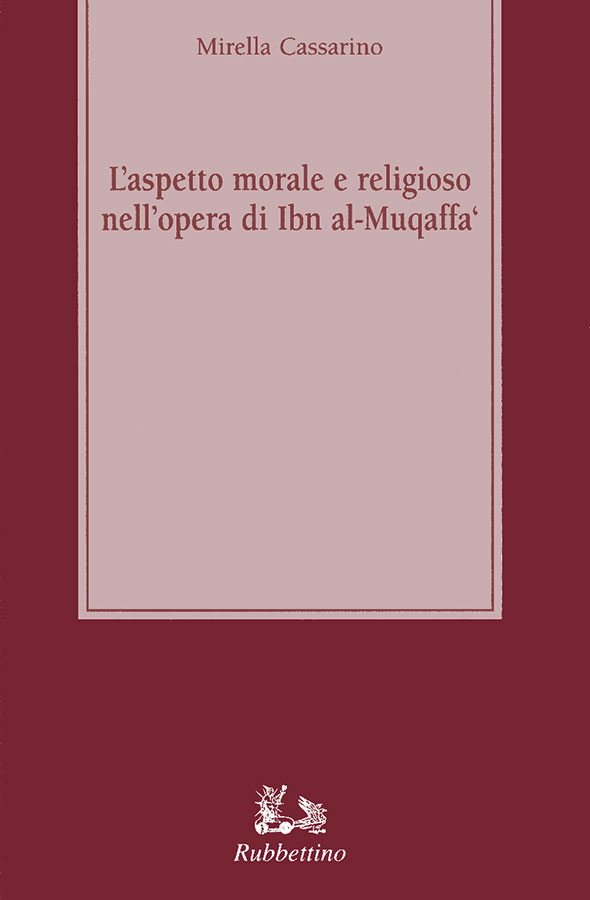Le forme e la storia ns XVIII, 2025, 1
Perché leggere i classici, e non solo
a cura di Mirella Cassarino, Antonio Pioletti, Attilio Scuderi
Cartaceo
€14,25 €15,00
Giovanna Alfonzetti
«…secondo che richiede l’uso del favellar comune»: conversare secondo il Galateo
«… secondo che richiede l’uso del favellar comune»: conversation according to Galateo
The main object is the analysis of Della Casa’s Galateo that, together
Giovanna Alfonzetti
«…secondo che richiede l’uso del favellar comune»: conversare secondo il Galateo
«… secondo che richiede l’uso del favellar comune»: conversation according to Galateo
The main object is the analysis of Della Casa’s Galateo that, together with Castiglione’s Il libro del Cortegiano and Guazzo’s La Civil conversazione, represents one of the three founding texts of a form of life born in Italy but soon become a landmark in all Europe. Advice, suggestions and bans concerning some aspects of conversation will be examined. The analysis shows the centrality of conversation in Della Casa’s conception of politeness, that will be inherited by all following books of manners until today. It shows also an undeniable and surprising continuity of some of the main principles. The explanation, we can hypothesize, can be found in the existence of a culturally characterized model of conversation persisting through time up to today, whose roots lie in classical philosophy.
Marilena Genovese
Traduire le discours politique avec l’IA. Quel impact? Un cas d’étude. Le Discours sur l’Europe à la Sorbonne d’Emmanuel Macron
The impact of AI on political discourse translation. A case study: Emmanuel Macron’s speech on Europe at the Sorbonne
Emmanuel Macron’s Speech on Europe at the Sorbonne, pronounced on April 24, 2024, is the first presidential speech to be translated with Artificial Intelligence. If on the one hand this initiative confirms the ever more central role that automatic text processing plays in the field of translation, on the other hand it raises questions about its capacity to restore all the nuances of meaning of the original culture in the culture of arrival. That said, by highlighting the specificity of political discourse, what we will seek to understand in this study is whether the solutions provided can be considered acceptable or whether human intervention proves necessary to make the text more understandable and fluent.
Margherita Lecco
Incantatrici e bonae dominae nella cultura e letteratura tardo-antica e medievale
Enchanteresses and bonae dominae in late ancient and medieval culture and literature
In medieval romances there are figures of magiciennes, women expert in magic, who must however be distinguished from those of fairies and witches.
The article examines some of these figures, starting from the character of Thessala, which Chrétien de Troyes inserts into his romance Cligés, imagined on the example of a similar figure contained in Lucan’s Pharsalia (1st century AD).
Carmelo Tramontana
La Vita di Castruccio Castracani fra ricostruzione storiografica e falsificazione letteraria
The Vita di Castruccio Castracani between historiographical reconstruction and literary falsification
In the early 1520s, Machiavelli finally managed to obtain a public assignment: to tell the history of the city of Florence, a task he fulfilled by writing the Istorie fiorentine. Before officially accepting the mandate as the city’s official historian, Machiavelli composed a historical biography, the Vita di Castruccio Castracani. The article aims to examine the Vita from the point of view of the singular relationship established by the author between historiographical writing and literary writing, which responds to the aesthetic need for balance and completeness of the narration and for a truth of a different nature from the strictly historical one of the facts that occurred.
Marcello Fisichella
Verga, Tolstoj e il dilemma della storia
Verga, Tolstoy and the dilemma of history
Verga and Tolstoy’s novels are important reflections on the concepts of history and progress. They propose a problematic idea of their country, Russia and Sicily, identifying the contradictions of development processes and modernity.
David Sevillano-López
La autoridad del verso. Los poemas a la roca Bǎotú de la emperatriz Wǔ Zétiān
The authority of verse. The poems to the rock Bǎotú of the Empress Wǔ Zétiān
This paper briefly analyzes several poems by Empress Wǔ Zétiān related to the appearance of the auspicious Bǎotú stone and the performance of sacrifices to Heaven and the goddess of the Luò River. Through the examination of these compositions, it becomes evident how Wǔ Zétiān employed ritualistic and symbolic elements to legitimize her imperial authority, aligning herself with established institutional traditions. This analysis reveals the empress’s strategy to consolidate her power through the assimilation of deeply rooted ritual and religious practices within the framework of Chinese dynastic politics.
Ninna Maria Lucia Martines
Sulla letteratura rusticale di George Sand e Caterina Percoto: poetiche e forme a confronto
On George Sand and Caterina Percoto’s rustic literature: poetics and forms compared
In 1858, Niccolò Tommaseo addressed to the readers his Preface to the Florentine edition of Caterina Percoto’s Tales, in which he outlined a comparison between the representation of the “real” by the author and by George Sand, pseudonym of Amantine Aurore Lucile Dupin. Taking up the threads of the reading proposed by Tommaseo, the study aims to compare the relationship between reality and narrative forms in the fiction of the two writers and in the context of a neuralgic historical and literary phase: the transition from “romanticism” to “realism”.
Paola Anna Butano
Métaphore et positionnement dans l’oeuvre de Lorand Gaspar
Metaphor and positioning in the work of Lorand Gaspar
Lorand Gaspar’s work presents a constitutive heterogeneity. Dealing with the concept of «otherness», this paper aims to reconstruct the connection between the voices concealed within the author’s texts and his own. In particular, the investigation focuses on the way in which the primary speaker, through some metaphorical expressions, either distances himself from or appropriates the «other discourses» that come from his insatiable hunger for knowledge and that, ultimately, support a reflection on one or more positionings.
Anisia Landi
Assenza come vita nelle opere di Alida Airaghi
Absence as Life in Alida Airaghi’s Works
In Alida Airaghi’s literary production, the semantic field of absence goes through a real evolutionary process, similar in its phases and expression to a grief resolution. Absence is made explicit through the perception of the concrete changes that affect everyday life and passes through the darkness of an excruciating and revealed pain. Silence and word, mutually origin and end of each other, direct the writing towards a path of inner rebirth that culminates in the research and then in the encounter with spirituality. Absence thus finds home in a perfect and distant Absolute, a foreign place that becomes essence and soul of life.
Emilio Giazzi
Un ritorno al mito cretese: Εγώ, η Αριάδνη (Io, Arianna) di Rea Galanaki
A Return to Cretan Myth: Εγώ, η Αριάδνη (I, Ariadne) by Rea Galanaki
The Short Story “I, Ariadne” by Rea Galanaki is a modern rewriting of
the myth of Theseus and Ariadne, in which the heroine presents herself not so much as a betrayed and abandoned girl, but as the true winner because, through her marriage to Dionysus, she has regained her divine dimension. She symbolizes the hope in the victory of the values of the matriarchal society of Crete that are capable of saving the world.
Valentina Fortunato
Riflessioni su Valentina Fortunato, Lo speculatore a teatro. Tra letteratura, storia e finanza
Thoughts on Valentina Fortunato, The Speculator on Scene. Between Literature, History and Finance
In The Speculator on Scene. Between Literature, History and Finance, I wanted to summarize the specialist of financial mechanisms in France history of one century and a half and near of most important economic crisis. From 1708 to 1848 the fermier général, the usurer, the stock jobber, the stock exchange speculator appear as kings, sometimes as the directors of the most fantastic financial swidle. They change into the theatrical transposition of an hated and mythologized figure borrowed from history: from fermier to international bankers. The rising trend is that of a quick-change artist who pass through the centuries, moving from speculator to stock jobber, he impersonate the ambassador, the minister, the king specialized in délit d’initié, that is the insider trading. The utilization of first-hand information for bond’s trade it’s a crime both for private society’s members and for State personalities.
